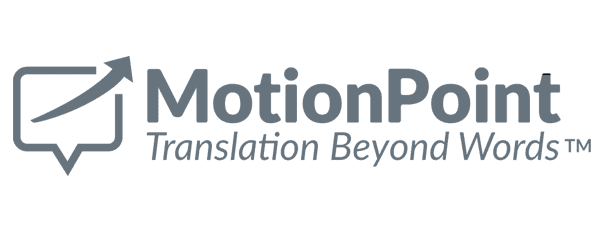




If your company wants to provide the world-class user experience that its multilingual and international constituents expect and deserve, it should localize its secure portals for customers, partners and employees.
These login-based, personalized experiences are critical for multilingual audiences. They provide vital capabilities such as self-serve customer support, account and wealth management, staff training, and product education. They also dramatically reduce customer service costs, improve retention and create new cross-sell and upsell opportunities.
Companies often consider using in-house resources to localize their secure portals and public websites. But localizing these experiences requires a nuanced, sophisticated approach to translation. Linguists must be fluent in many aspects of translation, including:
With in-house portal localization projects, companies inherit other costs and risks, including adding human resources, creating translation workflows, and managing translation and technologies for the long-term.
Here’s a breakdown of the challenges companies face when trying to localize their portals with internal resources—and ways to dramatically reduce all that cost and effort.
There are some upsides to having an in-house translation team. For instance, dedicated human linguists craft better translations than alternative approaches, such as crowdsourced translations or software-generated machine translations.
But an in-house approach generates lots of operational complexity and demands many resources. For instance, head count increases. Companies need:
Experts say companies often need to hire at least five new team members to complete these tasks on an ongoing basis—for each localized portal. The more languages a company adds to its portal capabilities, the more staff it needs.
In-house teams must also thoroughly understand the project's scope, and create critical reference material required to begin and maintain the project. For instance, companies must generate:
In many cases, in-house teams don't have the experience to craft this material quickly or efficiently. They must often build translation and editorial workflows from scratch, too. This creates additional costs and delays to market.
Companies must also operate their multilingual portals on a daily basis, and ensure that the content on their origin portals and localized portals are fully synchronized.
This means regularly monitoring the origin portal for changes, and translating new content as it’s published—while ensuring the translated portal preserves the quality in word choice, tone, and voice.
Portals make this process uniquely challenging because they often use complex web applications, interactive functionality and dynamic technologies to present personalized experiences to users. Accurately parsing and compiling a portal’s translatable content—which is usually tucked away within labyrinthine JavaScript, JSON or XML code—is practically impossible for in-house linguists. (It baffles nearly all third-party vendors, too.)
The end result:
Companies shouldn’t shoulder any of these organizational and financial burdens. Outsourcing the project to a vendor that specializes in portal translation, eliminates costs and effort, and dramatically reduces time to market, too.
Much of this operational efficiency is delivered by technology, but great human translators—fluent in the unique demands of portal translation—can make all the difference.
As you look for portal translation solutions, keep an eye out for ones that provide a fully turn-key solution that relieve you of nearly all operational and technical burdens. Что касается переводческой стороны процесса, обратите внимание на следующее:
Using in-house resources to localized your portals for multilingual customers, partners and employees can be a very expensive and tricky—if not impossible—process.
Instead, look for an efficient, cost-effective turn-key approach that delivers translations that meet your constituents’ high standards, efficiently crafted by world-class linguists.